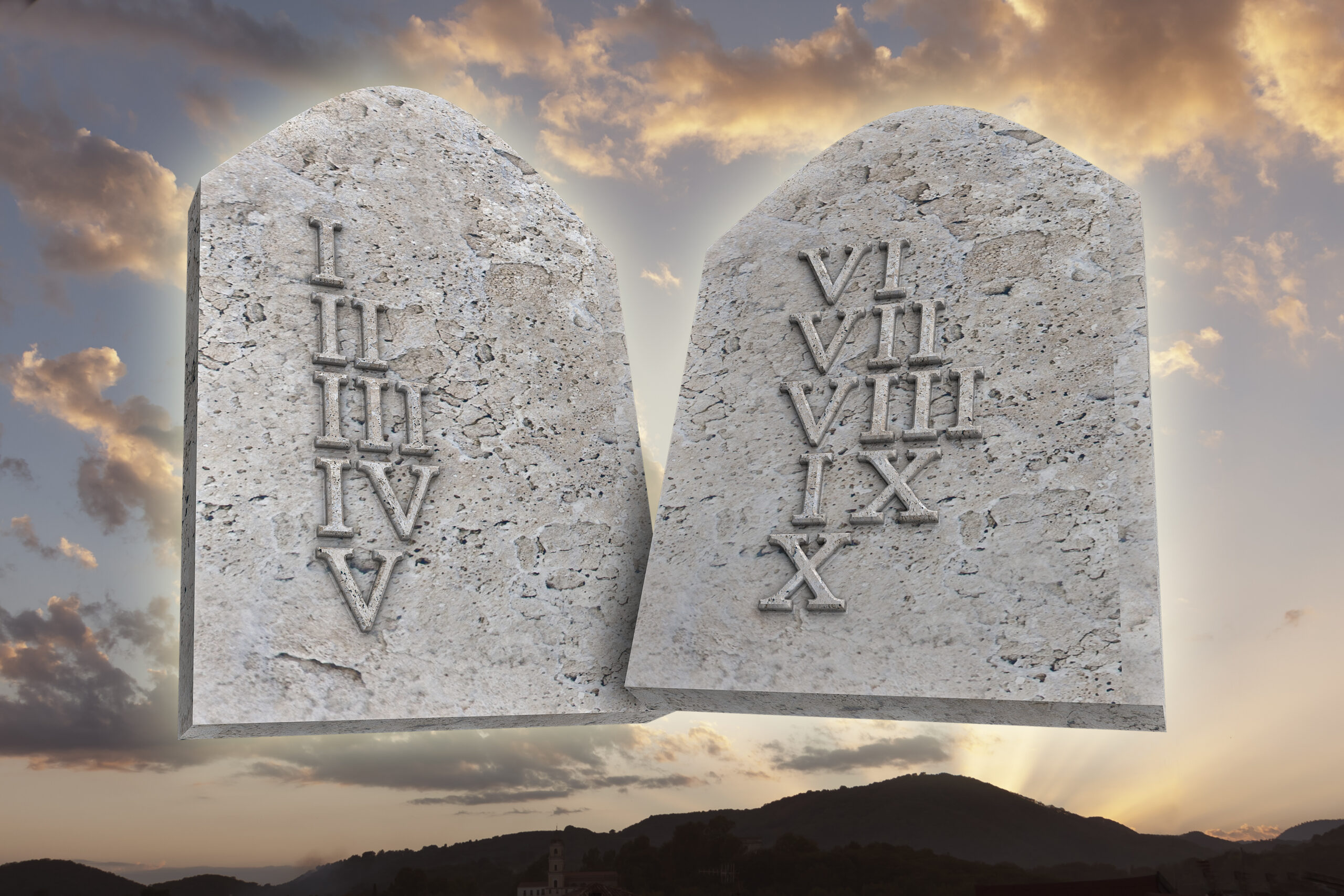Shavuot – The Feast of Weeks
Shavuot is a biblical holiday that is celebrated by both Jews and Christians. For Christians, the more familiar name is Pentecost, which in Greek means fifty. This is because Pentecost is celebrated 50 days after Easter. But why 50 days?
Because every detail matters to our God who has designed the laws that govern Biblical Judaism, laws that are also applicable to us, believers of the New Covenant.
At the time of writing, we are still in between Passover and Shavuot. Due to historical anti-Semitism, which we have mentioned before, the Church separated itself from the Biblical feasts and fixed Easter on a different date to Passover. Because of that, Shavuot and Pentecost are also on different dates. This year, the Jewish Shavuot is observed from the sunset of 16 May to the sunset of 17 May, while Pentecost will be celebrated the following Sunday (23 May).
The fifty days rule comes from the Torah command to count seven weeks from the first Sabbath of Pesach (Passover) (Leviticus 23:15) until Shavuot, the Feast of Weeks. The counting period is called Sefirat HaOmer (counting of sheaf). All biblical feasts are related to the agricultural periods of the year, so counting of Omer begins with a wave offering of barley and finishes with the wave offering of wheat on Shavuot.
Because the Holy Temple is no longer standing in Jerusalem, these offerings cannot be brought any more. However, the counting of Omer is still very strongly observed by the Jewish people. This period is set aside for self-examination and preparing one’s heart for receiving the Word of God on Shavuot, as traditionally it is believed to be the time when Moses was given the Torah (law, instruction) at Mount Sinai.
Shavuot is one of the three pilgrim festivals in which the Jewish people would come to Jerusalem to bring their offerings to the Temple. Everyone gave in proportion to how the Lord had blessed them. Giving is one of God’s principles throughout the Torah, and everyone is encouraged to give to bless others. For that reason, the Book of Ruth is traditionally read on the eve of Shavuot as Ruth gleaned from the fields of Boaz. Also, King David who is the descendant of Ruth is believed to have died on this holiday.
Understanding the Hebrew roots of celebrating Shavuot and the symbolism around it helps us appreciate the amazing design and consistency our God has in carrying out His plans for humanity’s salvation. Let us examine some of these aspects:

- The Old Covenant was received on Shavuot, written by God’s hand on stone tablets – the New Covenant cut by Jesus was sealed on Shavuot by the Holy Spirit who wrote the laws on our hearts. So, God gave us two of His very precious gifts: the Torah – His written word – and the Ruach – His Spirit – to empower us to fulfil the law.
- By receiving the Torah, the Jewish people were set apart by God to be a light to the nations – Jesus before He ascended into heaven commissioned His disciples to go into all the world with the Gospel. Shavuot marked the start of this mission as the disciples were empowered by the Holy Spirit to be witnesses of the New Covenant.

- A great reversal happened on Shavuot. About 1500 years earlier, after Moses had received the Torah, 3000 souls perished because of the sin of the golden calf (Exodus 32:28). The same number of souls were saved on Shavuot after Peter had preached a powerful message (Acts 2:41).
- It is important to remember that all the first believers were Jews. They had gathered in Jerusalem in obedience to God’s calling to travel there to the Feast of Shavuot. We Christians claim that a new religion was started on that day. This is not quite true – it would be more accurate to say that the promise God had given to Israel in Jeremiah 31:31-34 to make a New Covenant with His people was fulfilled that day. Gentile believers have been grafted in ever since (Romans 11:17). On Shavuot, it was a custom to bring as an offering to the Temple two loaves of leavened bread that later came to symbolise Jew and Gentile together in the Jewish Messiah.
- In the Bible, numbers have great significance. We can see throughout God’s Word how certain number patterns have consistent meaning. 7 is the number of completion, perfection, wholeness: God rested on the seventh day having completed the creation of the Earth. A week is made up of seven days and we are called to rest on one day as God did (Paul gives us freedom as to which day of the week). The time of the counting of Omer consists of 49 days which is 7 weeks x 7days. 49 days represents the natural end of a full cycle which takes us to the 50th day of Shavuot. In Judaism 50 represents transcendence – moving from natural into supernatural. Shavuot was a supernatural event as both the Torah and the Ruach were given on that day by God who exists outside of our natural universe.
We read in the book of Joel 2:28-32:
“And afterward,
I will pour out my Spirit on all people.
Your sons and daughters will prophesy,
your old men will dream dreams,
your young men will see visions.
Even on my servants, both men and women,
I will pour out my Spirit in those days.
I will show wonders in the heavens
and on the earth,
blood and fire and billows of smoke.
The sun will be turned to darkness
and the moon to blood
before the coming of the great and dreadful day of the Lord.
And everyone who calls
on the name of the Lord will be saved…..”
The Apostle Peter quoted this passage in Acts 2 as he preached his powerful message about Jesus being the long-awaited Messiah. The change that had happened to Peter was so significant that those who were listening to him were amazed. The message went into their hearts and we know that 3000 of them became believers. How was such a change possible?
It was the supernatural power of the Holy Spirit. Moving on 2000 years, we are still in the last days and we still need the Holy Spirit. Everything that Joel said in his prophecy and that Peter repeated is still valid. Why then cannot we see these wonderful things happening? It seems that the Church in the majority has fallen asleep. It is time to wake up.
As we approach Shavuot/Pentecost, let us cry out to God to revisit us, to pour out His Holy Spirit on all people as He has promised. He will answer as He who promised is faithful (Hebrews 10:23).
Click here to change this text

